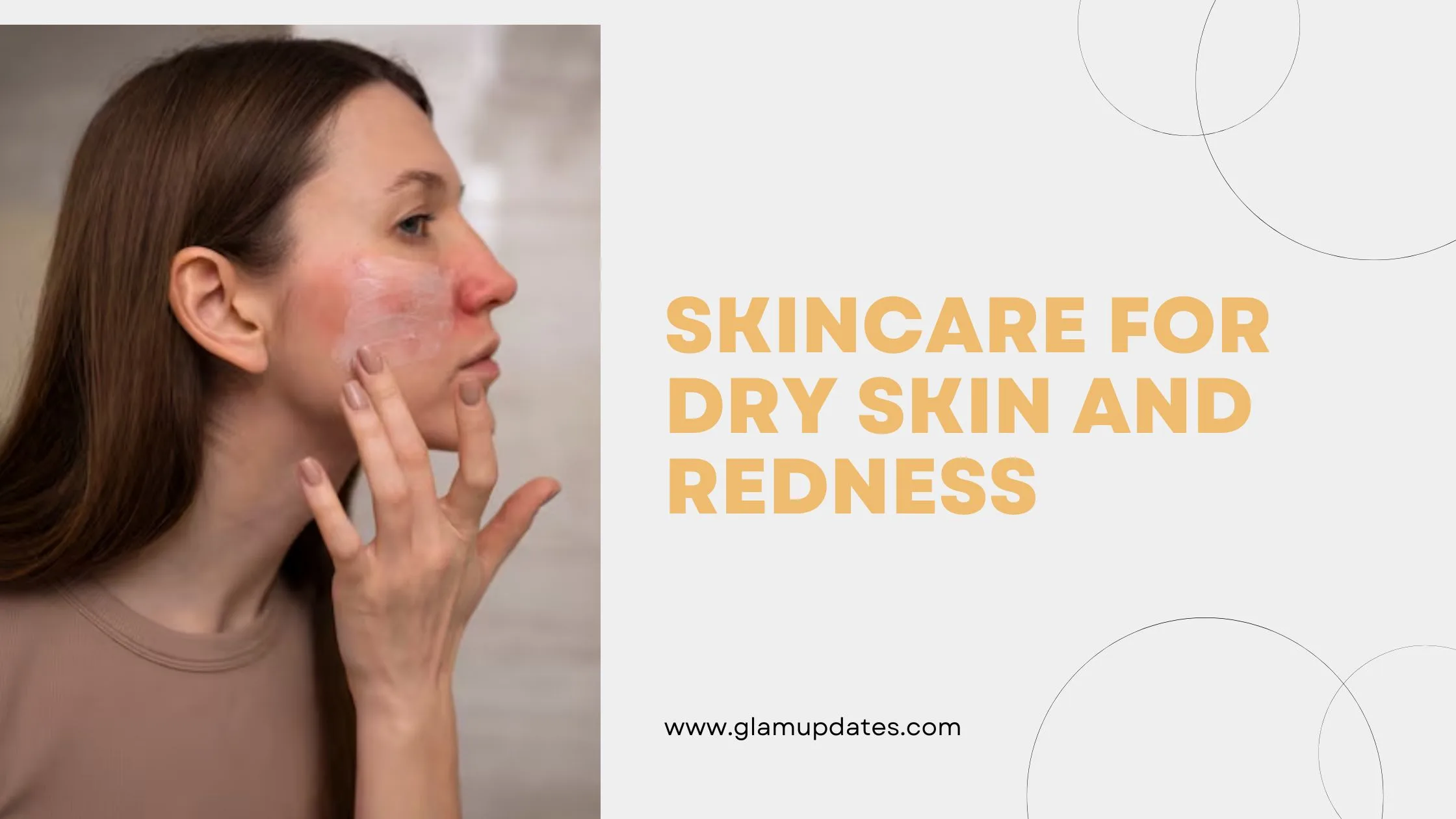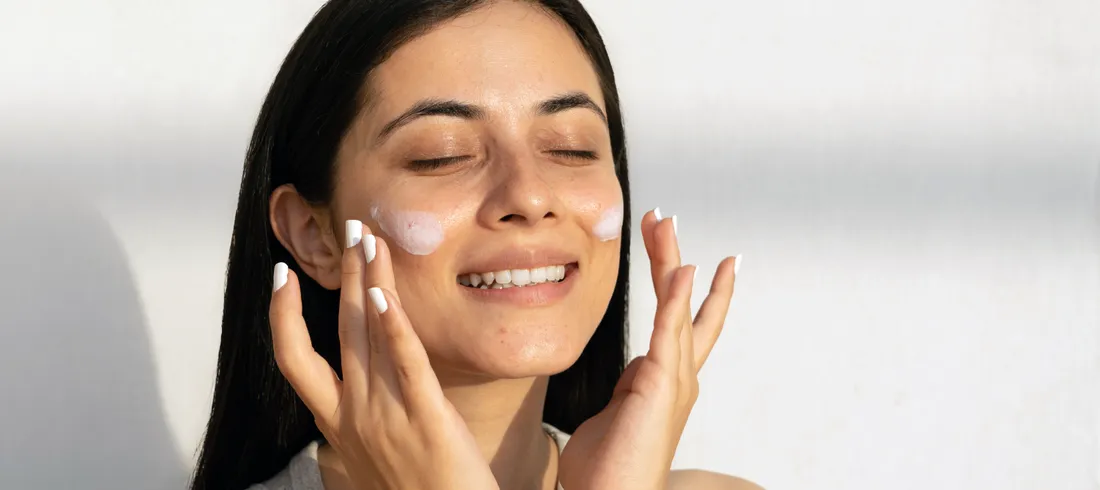Skincare for Oily Skin: Tips and Tricks
skincare for oily skin can be a challenge to manage, but with the right skincare routine and habits, you can keep it under control and achieve a healthy, radiant complexion. In this article, we'll delve into effective tips and tricks for skincare tailored specifically for oily skin types.
Oily skin is characterized by excess sebum production, which can lead to a shiny complexion, enlarged pores, and a predisposition to acne and other skin issues. While genetics play a significant role in determining skin type, environmental factors and hormonal changes also contribute to excess oil production.
Understanding the Causes of Oily Skin
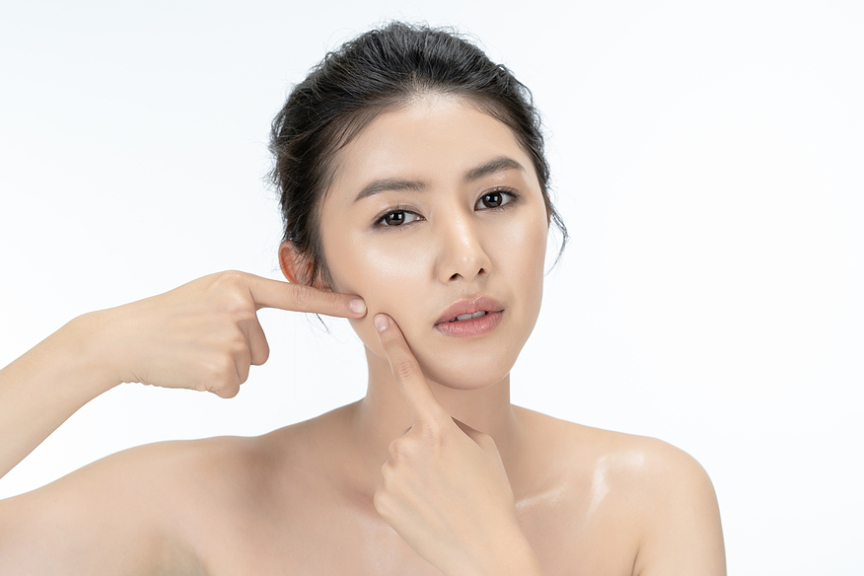
Genetics
Genetics play a crucial role in determining skin type, including whether you have oily, dry, or combination skin. If oily skin runs in your family, you're more likely to experience it yourself.
Hormonal Changes
Hormonal fluctuations, particularly during puberty, menstruation, pregnancy, or menopause, can trigger an increase in oil production. Hormonal imbalances can also exacerbate oily skin issues.
Environmental Factors
Environmental factors such as humidity, pollution, and seasonal changes can influence sebum production. High humidity levels can stimulate the sebaceous glands to produce more oil, leading to a greasy complexion.
Importance of Proper Skincare Routine
Establishing a consistent skincare routine is essential for managing oily skin effectively. A well-rounded routine should include cleansing, exfoliating, moisturizing, and sun protection.
Tips for Cleansing Oily Skin

Proper cleansing is crucial for removing excess oil, dirt, and impurities from the skin's surface. Choose a gentle, non-comedogenic cleanser specifically formulated for oily or acne-prone skin.
Choosing the Right Cleanser
Look for cleansers with ingredients like salicylic acid, benzoyl peroxide, or glycolic acid, which help unclog pores and regulate oil production without stripping the skin of its natural oils.
Read More: The Best Fruit for Glowing Skin
Double Cleansing Technique
Consider incorporating the double cleansing technique, starting with an oil-based cleanser to dissolve makeup and impurities, followed by a water-based cleanser to deep clean the pores.
Exfoliation: A Key Step for Oily Skin
Regular exfoliation helps remove dead skin cells, unclog pores, and prevent breakouts. However, it's essential to exfoliate gently to avoid irritating the skin.
Types of Exfoliants
Choose exfoliants with salicylic acid or alpha hydroxy acids (AHAs) like glycolic acid or lactic acid, which work to dissolve dead skin cells and excess oil, leaving the skin smooth and refreshed.
Frequency of Exfoliation
Avoid over-exfoliating, as it can disrupt the skin's barrier function and lead to increased oil production. Limit exfoliation to 2-3 times per week, depending on your skin's tolerance.
Moisturizing Oily Skin Correctly
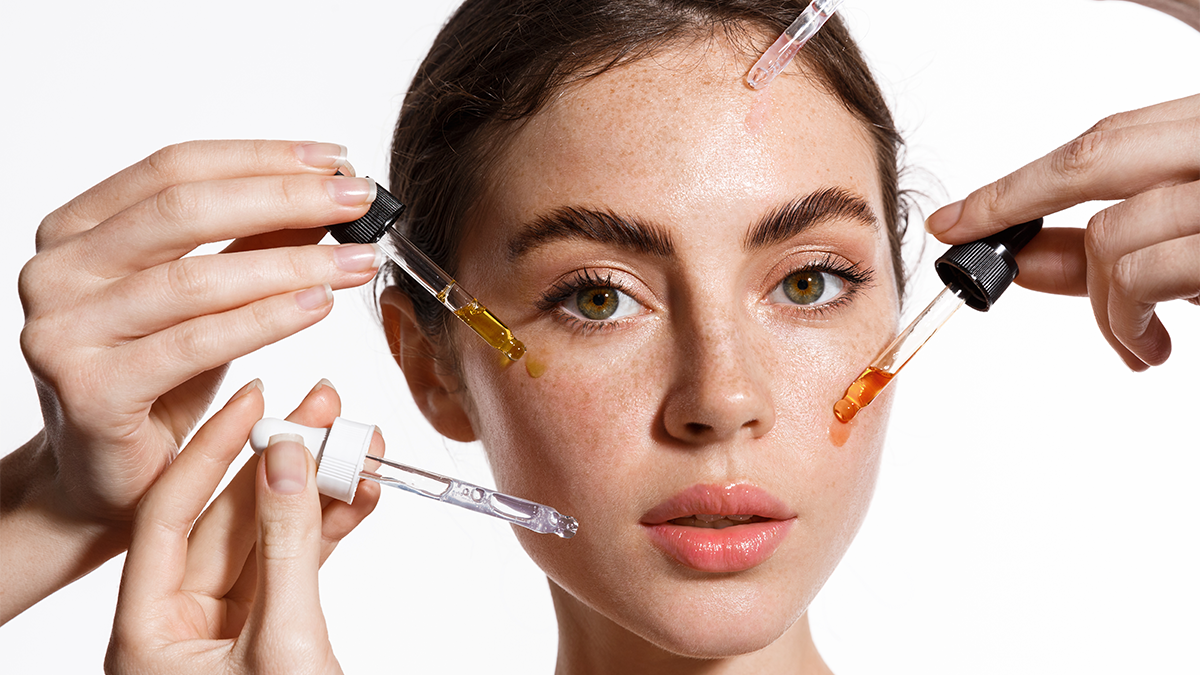
Contrary to popular belief, oily skin still requires hydration and moisture to maintain its balance. However, it's essential to choose lightweight, oil-free moisturizers that won't clog pores or exacerbate oiliness.
Lightweight, Oil-Free Moisturizers
Look for moisturizers labeled "non-comedogenic" or "oil-free" to ensure they won't contribute to clogged pores or breakouts. Gel-based or water-based moisturizers are ideal for oily skin, as they provide hydration without a greasy feel.
Hydration vs. Moisture
Focus on hydrating the skin with ingredients like hyaluronic acid, which attracts and retains moisture, without adding extra oil. Hydration helps plump the skin and improve its overall texture.
Read More: Curly Hair: A Guide To Styling And Care
Sun Protection for Oily Skin
Sun protection is essential for everyone, regardless of skin type. However, finding the right sunscreen for oily skin can be challenging, as many formulas can feel heavy or greasy on the skin.
Importance of Sunscreen
Sunscreen helps protect the skin from harmful UV rays, which can cause premature aging, sunburn, and skin cancer. Look for broad-spectrum sunscreens with an SPF of 30 or higher for adequate protection.
Choosing the Right Sunscreen for Oily Skin
Opt for oil-free or mattifying sunscreens specifically formulated for oily or acne-prone skin. Lightweight formulas that absorb quickly and leave a matte finish are ideal for daily use.
Managing Oil Throughout the Day

Oily skin can become shiny and greasy throughout the day, especially in hot or humid weather. Fortunately, there are several techniques and products that can help control excess oil.
Blotting Papers
Carry blotting papers with you to absorb excess oil and shine throughout the day without disturbing your makeup. Gently press the blotting paper onto oily areas to mattify the skin instantly.
Setting Powders
Apply a translucent setting powder to areas prone to oiliness, such as the T-zone, to help control shine and prolong the wear of your makeup. Choose finely milled powders that won't accentuate pores or dry out the skin.
Skincare Ingredients to Look For
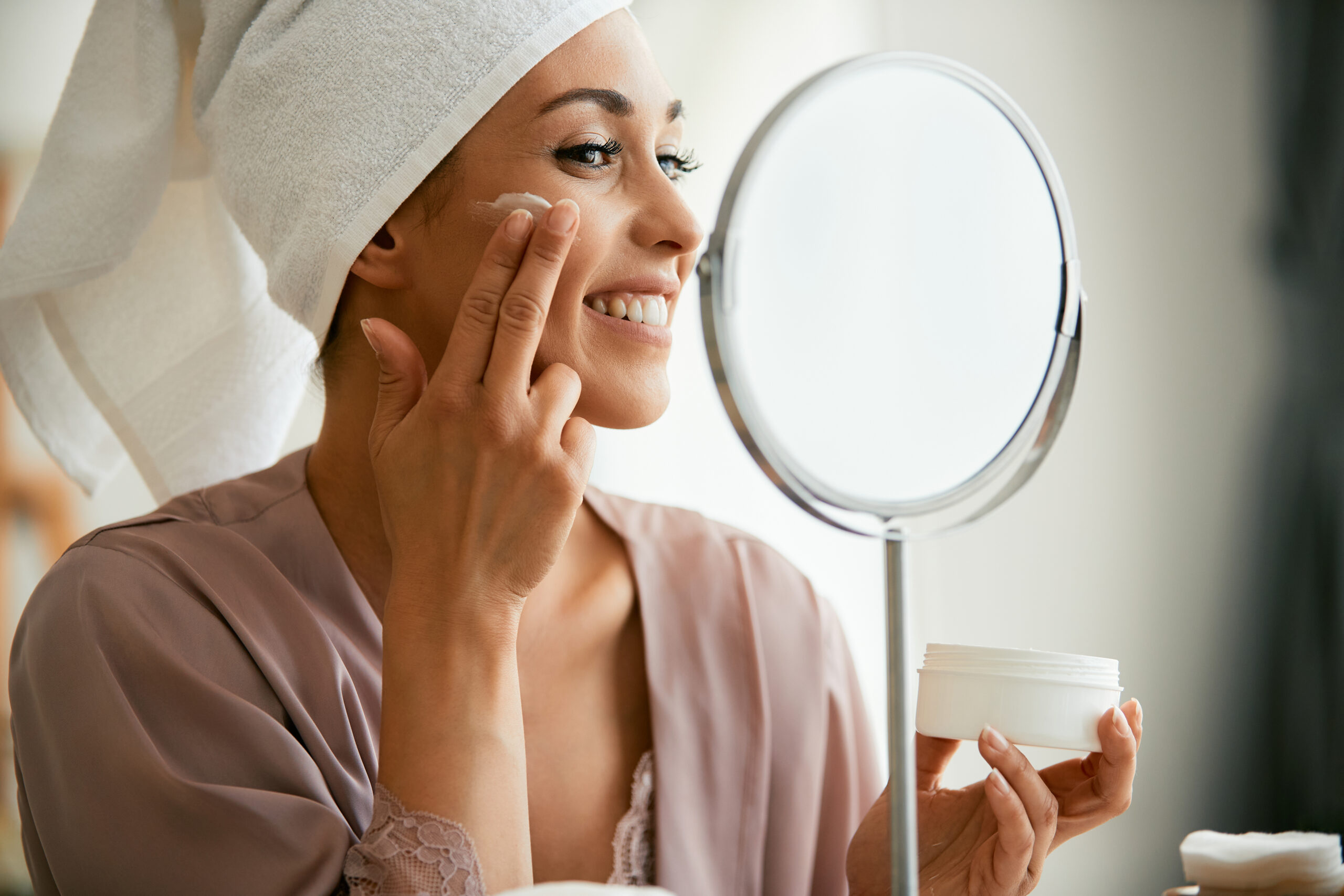
Certain skincare ingredients are particularly beneficial for oily skin, helping to regulate oil production, minimize pores, and prevent breakouts.
Salicylic Acid
Salicylic acid is a beta hydroxy acid (BHA) that penetrates deep into the pores to dissolve oil, unclog pores, and prevent acne. It also has anti-inflammatory properties, making it suitable for sensitive or acne-prone skin.
Niacinamide
Niacinamide, also known as vitamin B3, helps regulate sebum production, reduce inflammation, and improve the skin's barrier function. It's a versatile ingredient that can benefit oily skin without causing irritation.
Hyaluronic Acid
Hyaluronic acid is a humectant that attracts and retains moisture in the skin, providing lightweight hydration without clogging pores or adding extra oil. It helps plump the skin and improve its elasticity.
Avoiding Common Mistakes
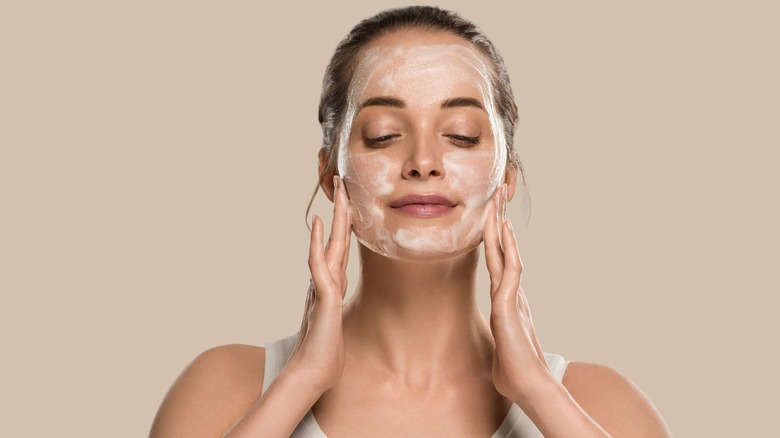
When it comes to caring for oily skin, it's essential to avoid common mistakes that can exacerbate oiliness and lead to breakouts.
Over-washing the Face
While it's tempting to wash your face frequently to remove excess oil, over-washing can strip the skin of its natural oils, leading to rebound oiliness and irritation. Stick to cleansing twice daily, using gentle, non-stripping cleansers.
Skipping Moisturizer
Skipping moisturizer can actually worsen oily skin, as it can cause the skin to produce more oil to compensate for the lack of hydration. Choose lightweight, oil-free moisturizers to keep the skin balanced and hydrated.
Lifestyle Changes for Better Skin

In addition to a proper skincare routine, certain lifestyle changes can help improve the overall health and appearance of oily skin.
Diet and Nutrition
Maintaining a balanced diet rich in fruits, vegetables, lean proteins, and healthy fats can help support skin health and regulate oil production. Avoid excessive consumption of sugary, greasy, or processed foods, which can exacerbate oiliness and lead to breakouts.
Read More: What is the healthiest diet
Stress Management
Chronic stress can trigger hormonal imbalances and exacerbate skin issues like acne and oiliness. Practice stress-reducing techniques such as yoga, meditation, or deep breathing exercises to promote overall well-being and healthier skin.
Professional Treatments for Oily Skin
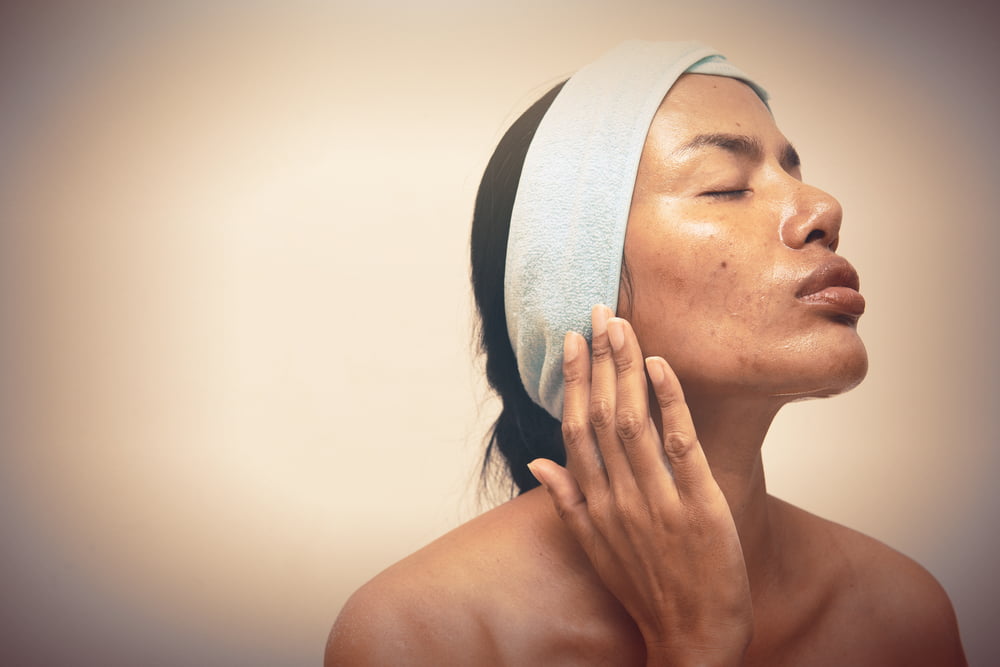
In addition to at-home skincare routines, certain professional treatments can help address oily skin concerns and improve skin texture and appearance.
Chemical Peels
Chemical peels use exfoliating agents like alpha hydroxy acids (AHAs) or beta hydroxy acids (BHAs) to remove dead skin cells, unclog pores, and stimulate collagen production. They can help reduce oiliness, minimize pores, and improve overall skin tone and texture.
Microdermabrasion
Microdermabrasion is a non-invasive exfoliation treatment that uses a handheld device to gently remove the outer layer of dead skin cells, revealing smoother, brighter skin underneath. It can help reduce oiliness, refine pores, and improve skin texture.
Makeup Tips for Oily Skin

Choosing the right makeup products and techniques can help minimize oiliness and keep your makeup looking fresh and flawless throughout the day.
Primer
Apply a mattifying or oil-controlling primer before applying makeup to create a smooth, long-lasting base and help control shine. Look for primers specifically formulated for oily skin to minimize the appearance of pores and control excess oil.
Oil-Free Formulas
Opt for oil-free or matte-finish foundations, concealers, and powders to minimize shine and prevent makeup from sliding off oily areas. Setting sprays can also help lock in makeup and control oiliness for extended wear.
Importance of Consistency
Consistency is key when it comes to skincare for oily skin. Stick to your skincare routine religiously, and be patient—the results won't happen overnight, but with time and dedication, you can achieve healthier, clearer skin.
Conclusion
Managing oily skin doesn't have to be a daunting task. By understanding the causes of oily skin and implementing the right skincare routine and lifestyle habits, you can effectively control oiliness, minimize breakouts, and achieve a healthy, radiant complexion.
FAQs
Q. Can oily skin benefit from moisturizer?
Ans: Yes, oily skin still needs hydration and moisture to maintain its balance. Opt for lightweight, oil-free moisturizers to prevent clogged pores.
Q. How often should I exfoliate oily skin?
Ans: Limit exfoliation to 2-3 times per week to avoid over-exfoliating, which can lead to irritation and increased oil production.
Q. Are there any dietary changes that can help manage oily skin?
Ans: Maintaining a balanced diet rich in fruits, vegetables, and lean proteins while avoiding excessive consumption of sugary or greasy foods can help regulate oil production and improve skin health.
Q. Can stress worsen oily skin?
Ans: Yes, chronic stress can trigger hormonal imbalances and exacerbate skin issues like acne and oiliness. Practice stress-reducing techniques to promote overall well-being and healthier skin.
Q. What professional treatments are available for oily skin?
Ans: Chemical peels and microdermabrasion are popular professional treatments that can help address oily skin concerns and improve skin texture and appearance.






